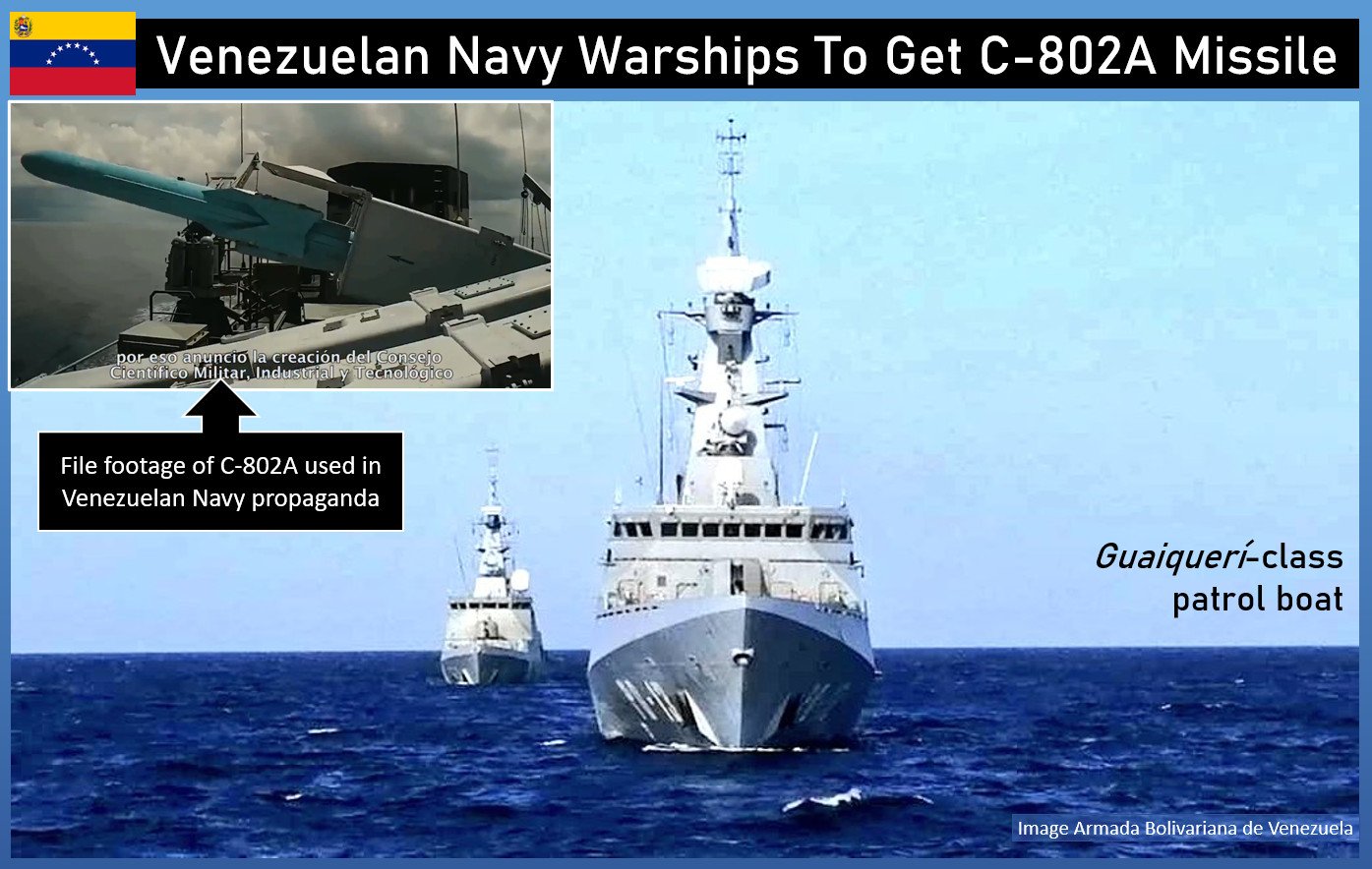Trying to see America through a Chinese lens — Part 1
2. CCP texts show China believes Trump is accelerating US decline. This has triggered a new phase in PRC grand strategy, which allows it — to misuse it’s power at the international arena — to be aggressive towards neighbours — to engage in coercive diplomacy.
in the era of great power competition. This means the US Navy and US Marines have to fight different. The hardest part of implementing and operationalizing EABO will come only after it has become clear who the winners and losers of the new concept are. In an environment of limited resources and plateauing budgets new investments will have to come at the cost of cuts elsewhere.
4. The Americans under Trump are doing a far better job at destroying the US-led alliance system than any enemy can hope for. Evidence of this isolation can be seen with the lack of support for the Trump Administration in its sanctions against Iran. Beyond the Trump administration mis-steps, American naval shipbuilding is in trouble and this will handicap any attempt by the US Navy to compete with the PLA(N).
6. Scholars in America and China are more candid in their views. Let me cite some Chinese examples:
8. While countries like Australia, India, Japan, Korea, Singapore and Vietnam do not buy into the Western decline theory, they do see the need to increase investments in military technology and develop military-to-military links with other powers besides China and the US. If you read what Xi said in a 2018 speech, it is understandable why countries, big countries, like India or Japan (with active disputes with China), would want a more capable military, so that they can be an active agent in their own destiny. As Xi said:
1. @Boagrius, thanks for steering the thread back to reality. The sad reality is that the “Trump” administration’s America First (along with its decision to withdraw from the TTP) “and Brexit delivered star performances,” as Chen Jimin at China’s Central Party School observed, when it came to facilitating China’s rejuvenation.I think China is bound to rise, it's a nation of 1.4 billion, so being strongest nation in the world is totally possible, but so what?"So what" do they intend to do with that strength? Early signs (SCS militarisation, debt trap/wolf warrior/coercive diplomacy etc) have not been encouraging - at least not from where I am sitting...
2. CCP texts show China believes Trump is accelerating US decline. This has triggered a new phase in PRC grand strategy, which allows it — to misuse it’s power at the international arena — to be aggressive towards neighbours — to engage in coercive diplomacy.
3. I do encourage people who intend to contribute to read more. But I can see that some, like Stampede, despite reading have totally misunderstood the role of agency of:Is the world dividing into two camps?
(i) smaller or weaker states (who are not client states of China), like Singapore, and Vietnam;
(ii) middle powers, like Australia and Korea (see: Korean Peninsula Developments); and
(iii) regional powers, like India (see: China-India border dispute) and Japan,
in the era of great power competition. This means the US Navy and US Marines have to fight different. The hardest part of implementing and operationalizing EABO will come only after it has become clear who the winners and losers of the new concept are. In an environment of limited resources and plateauing budgets new investments will have to come at the cost of cuts elsewhere.
4. The Americans under Trump are doing a far better job at destroying the US-led alliance system than any enemy can hope for. Evidence of this isolation can be seen with the lack of support for the Trump Administration in its sanctions against Iran. Beyond the Trump administration mis-steps, American naval shipbuilding is in trouble and this will handicap any attempt by the US Navy to compete with the PLA(N).
5. China has pushed hard to advance its interests because of Beijing’s perception of American decline. Some have argued that every PRC leader, after Mao, has publicly anchored grand strategy to assessments of US power. This is captured in euphemisms like "multipolarity" and the "international balance of forces." This shift in PRC strategy didn't begin with the pandemic. Rather, it began with Brexit and Trump's election, which led Beijing to think the West was withdrawing from the order it built.China may not be interested in military conquest outside its immediate area, but it looks as if it expects deference & obedience, including willingness to accept whatever lies China chooses to tell & stay silent about truths China dislikes.
6. Scholars in America and China are more candid in their views. Let me cite some Chinese examples:
Zhu Feng: As Western countries are consumed by populism “the East rises and the West falls.”
Yan Xuetong: “Trump has ruined the U.S.-led alliance system” and ushered in “the best period of strategic opportunity for China since the Cold War.”
Wu Xinbo: The US is “spiritually exhausted, physically weak, and could no longer carry the world.”
Jin Canrong: "World structure is changing from one superpower, many great powers, to two superpowers, many great powers.”
7. I suspect you are wrong, as the trend is not unique to Xi. Currently, Xi is looking for an opportunity for China to rise in what Beijing sees as a period of decline for the West. India found out in 1962 and in 2020, what it means when America is distracted. In the 1962, China taught India a lesson during the Sino-Indian Border Conflict and again the Indians were schooled in 2020 during the CORVID-19 crisis — in May 2020, 20 Indian soldiers were clubbed to death by the PLA at the border in the north-eastern state of Sikkim.Perhaps we need to make a distinction now, it is Xi, not the former CCP establishment that is calling the shots. This is the greatest danger, we really don’t know what his end game is and if their is any relief valve that can curb him at this point. I suspect not.
8. While countries like Australia, India, Japan, Korea, Singapore and Vietnam do not buy into the Western decline theory, they do see the need to increase investments in military technology and develop military-to-military links with other powers besides China and the US. If you read what Xi said in a 2018 speech, it is understandable why countries, big countries, like India or Japan (with active disputes with China), would want a more capable military, so that they can be an active agent in their own destiny. As Xi said:
"China is in the best development period since modern times, and the world is in a state of great changes unseen in a century, and these two [trends] are simultaneously interwoven and mutually interacting.”
Last edited:


